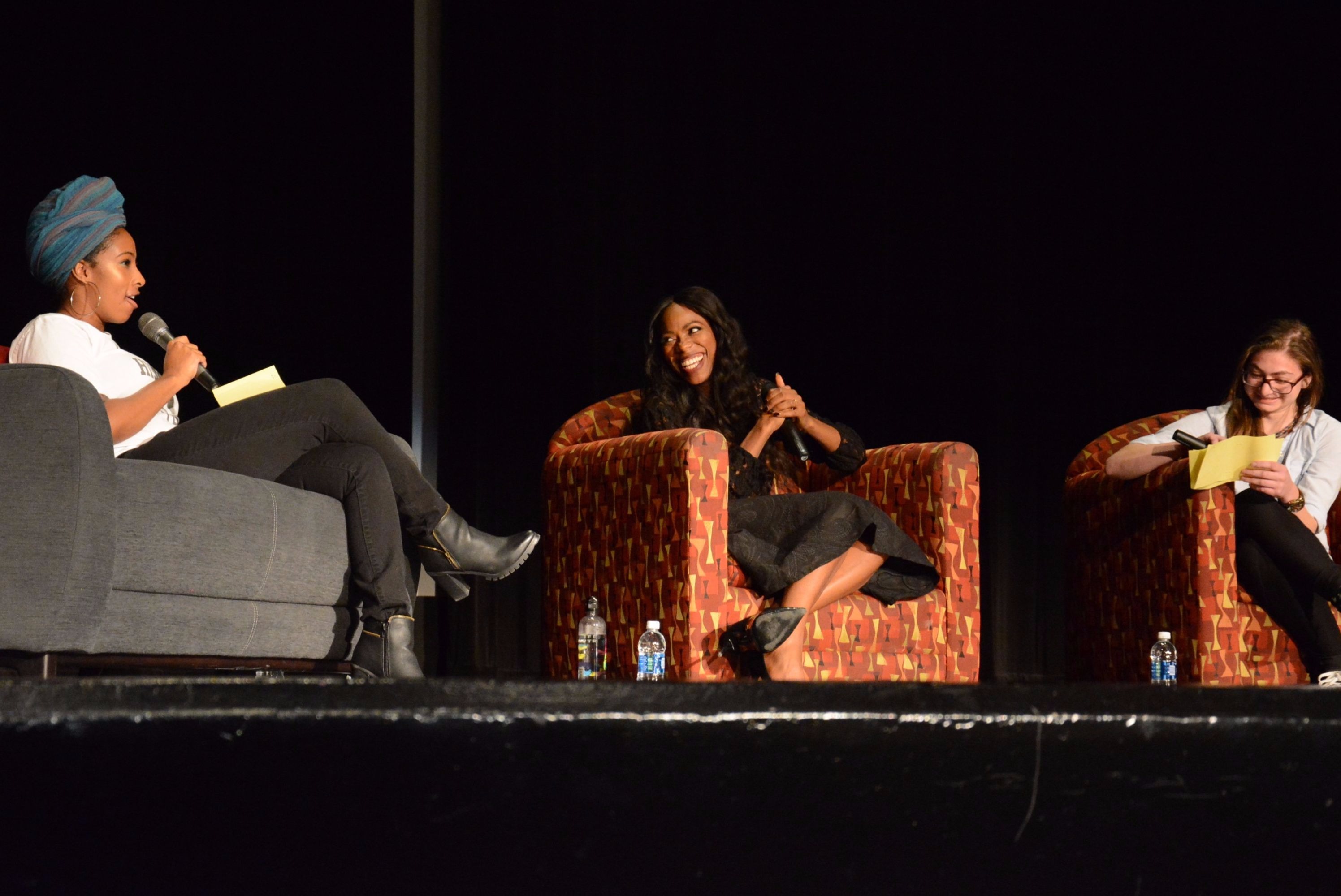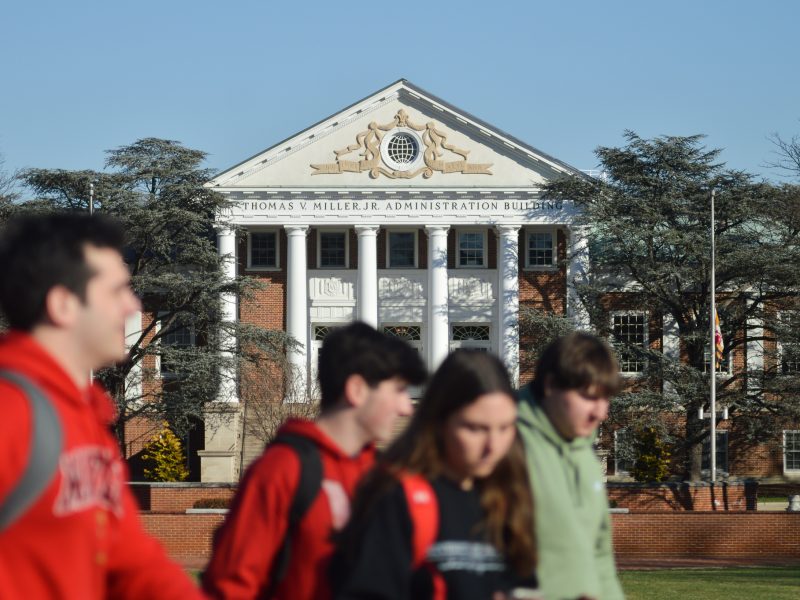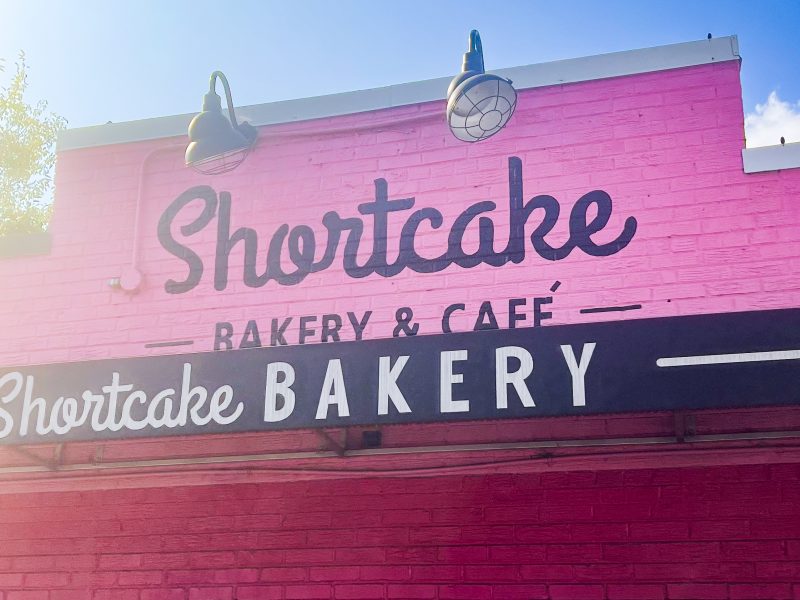“You never know if you’re entertaining angels.”
A sound piece of advice from Yvonne Orji’s mother. The actress and comedian stars as Molly on HBO’s Insecure. The takeaway from Orji’s mother’s advice is to treat people as one, a message Orji brought to the University of Maryland in Thursday evening’s Hear the Turtle lecture about diversity in the workplace, schools and Hollywood. The lecture series, created by Student Entertainment Events, was co-sponsored by the Black Alliance Network.
Orji’s family immigrated here from Nigeria when she was young. As a kid, her accent immediately identified her as being different, and she was bullied because of it. Although she channels those experiences in her comedy, she is acutely aware of the damage caused by outcasting people who are unlike you.
“[Immigrants] are your neighbors next door, we are your kids’ best friends, and it’s time to normalize that experience,” she said.
The Prince George’s County native said she believes college presents the perfect opportunity to get to know those that are different, and to advocate for those groups.
“Everyone can start asking questions,” she said. “Everything’s attainable. You have amazing libraries, you have books, you have amazing professors from all over that you can actually engage with.”
Senior theatre major Trehana Riley and vice president of the Black Alliance Network said as a student of color on campus, there is a “certain standard that you have to set, a certain effort you have to put in.”
Riley informed Orji about recent incidents at this university, such as University Police pepper spraying and using force to disperse a group of predominantly black students at a Courtyards party in May 2016, the noose found in the Phi Kappa Tau chapter house in April and the May murder of Bowie State University student 2nd Lt. Richard Collins, in which a white former university student was recently indicted on a hate crime charge.
Orji expressed shock, and maintained that college is a place for growth and learning, not hate.
“Any time you’re in an enclosed environment such as a college campus, you want to know you’re sending your kids to an environment that’s safe, that fosters a good learning environment and also a place to become their best selves,” she said.
Ashley Vasquez, a senior sociology major and president of the National Pan-Hellenic Council, pointed out spaces on campus that cater to minorities, such as the Nyumburu Cultural Center, the Office of Diversity and Inclusion and the Office of Multicultural Involvement and Community Advocacy.
Despite these spaces, senior economics major Lambert Aryee, vice president of the Black Business Association, said he feels conflicted to express his concerns when he is not in those spaces. Soon after the noose was found on Fraternity Row, he smoothed over the incident when talking to a parent while working as a tour guide, despite having protested the matter in Stamp Student Union not long before.
Orji also detailed some issues of diversity she’s faced in her current sphere of television and comedy.
The importance of Insecure lies in its “normalcy” and its “authentic and realistic” narrative, she said. The show has tackled topics such as the gender pay gap, sexuality, infidelity and friendships. The title was meant to encapsulate the exhaustion that comes with all these things, while trying to pretend they aren’t exhausting.
“I think [diversity is] like a catchphrase now, but when you peel back the layer, you really see those people who appreciate what diversity actually is,” Orji said.
Diversity in Hollywood must be approached from multiple angles; it is not enough to have a diverse cast, she said. There must be diversity on all fronts, such as writers that can properly amplify minority voices and lighting directors who can effectively light darker skin.
“The fight requires everybody,” she said.



